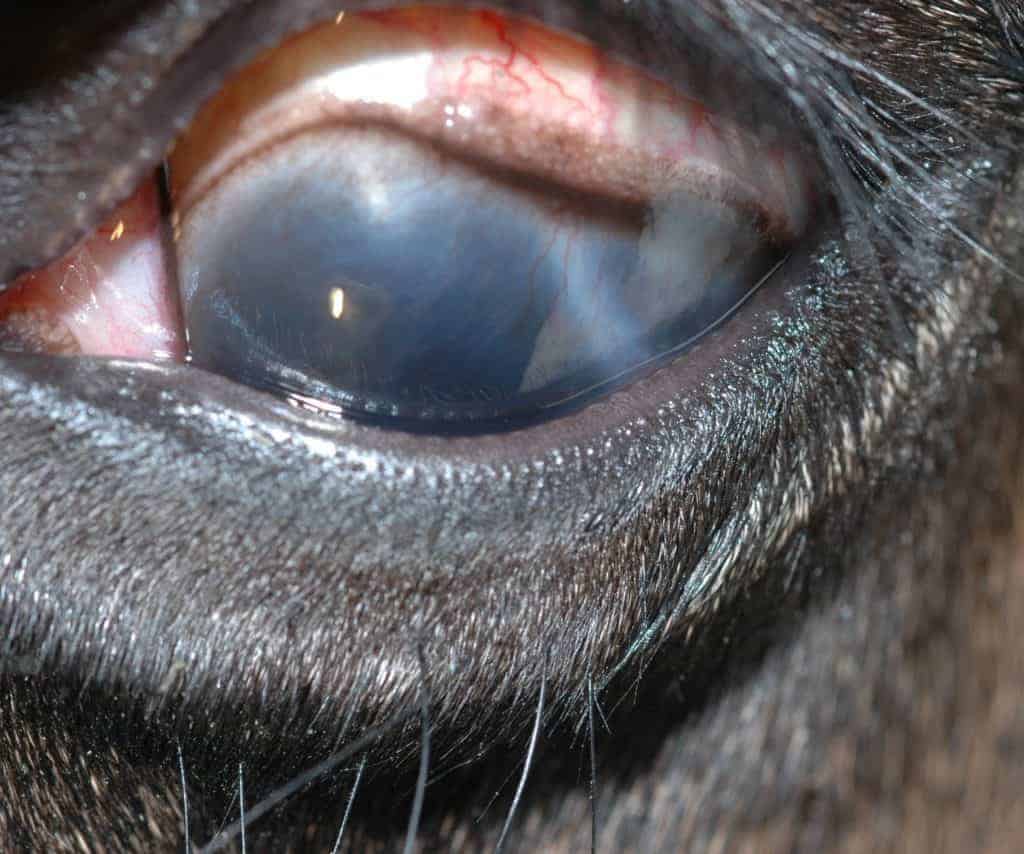
Equine Multiple Congenital Ocular Anomalies Syndrome
This syndrome describes a group of abnormalities in the horse’s cornea, iris, lens, and ciliary body.

This syndrome describes a group of abnormalities in the horse’s cornea, iris, lens, and ciliary body.

Excessive tearing could suggest a number of potentially serious equine eye conditions. Veterinarians should examine cases carefully and then determine an appropriate treatment course.
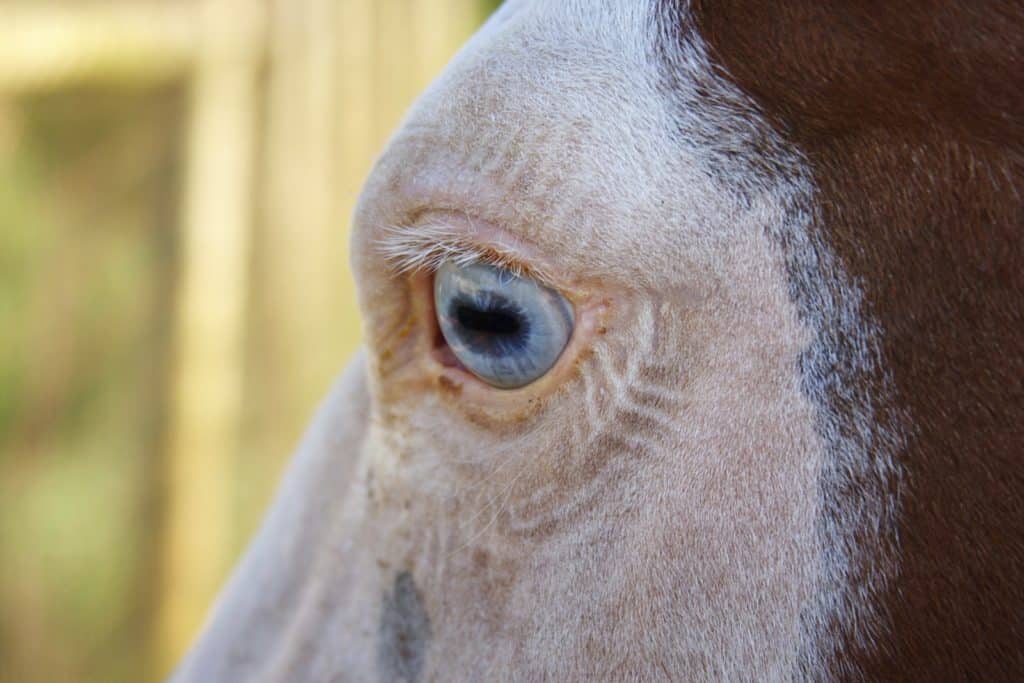
Are horses with blue eyes more sensitive to light or more prone to eye disorders than other horses?
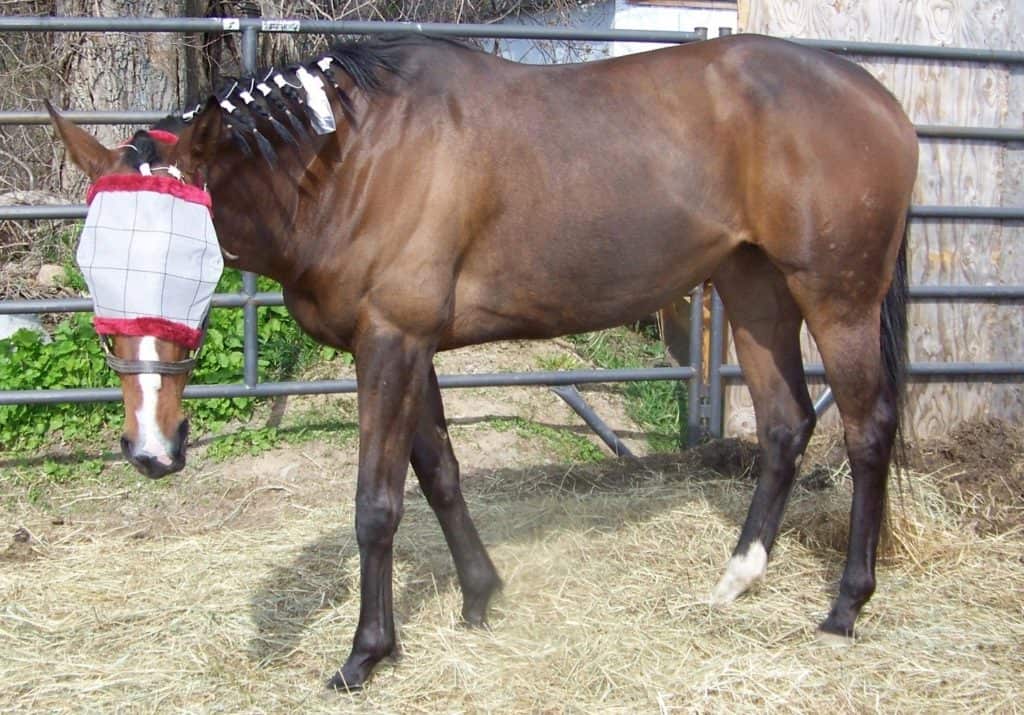
Anyone who’s ever managed an equine eye issue knows how challenging it can be to administer treatment. Fortunately, there’s an easier way: the subpalpebral lavage system.

Veterinarians have the option of removing an equine eye without the risks associated with general anesthesia.

Eosinophilic keratoconjunctivitis generally has severe clinical signs and requires prolonged treatment.

Before you sign the papers for your new horse, have your veterinarian look the horse in the eye.
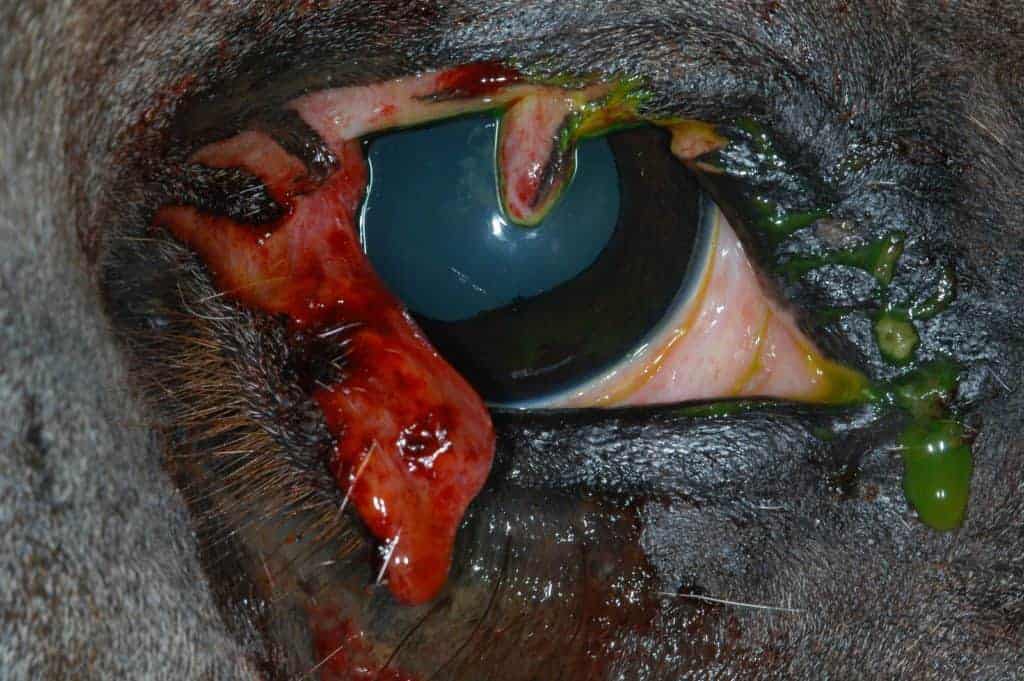
Although eyelid lacerations are common, they should be considered surgical emergencies.

Carol Clark, DVM, Dipl. ACVIM, shares her picks for the top equine medicine studies of 2013.
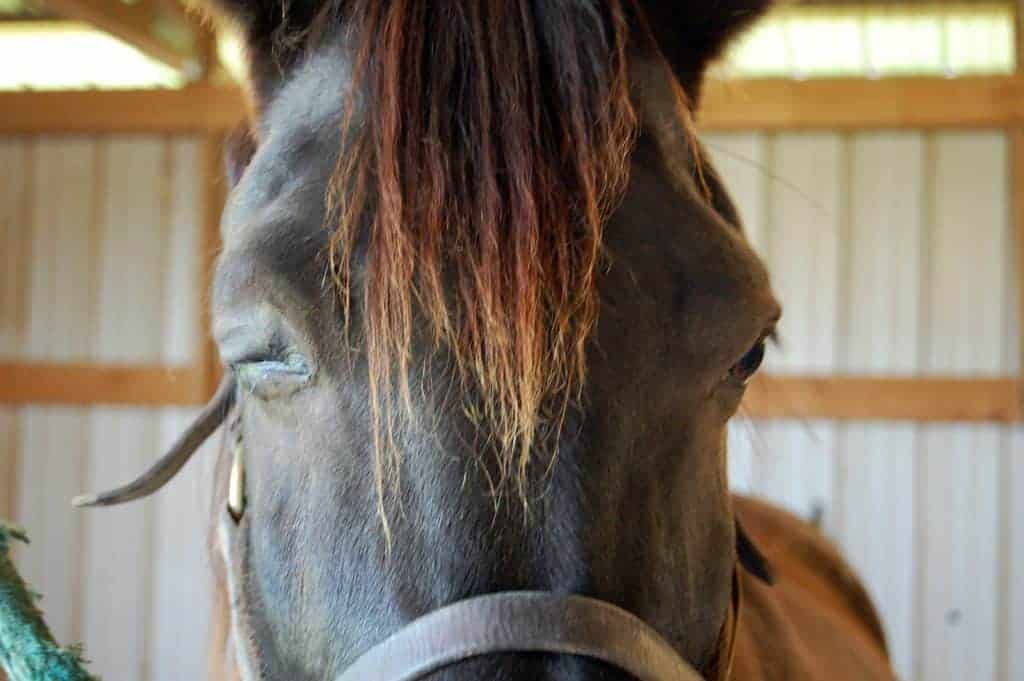
Corneal confocal microscopy can help veterinarians identify microscopic foreign objects in horses’ eyes.
Lecture topics will include exercise intolerance, wound care, hoof care, ophthalmology, and more.

Attendees discussed fungal keratitis, ocular medications, and equine recurrent uveitis.
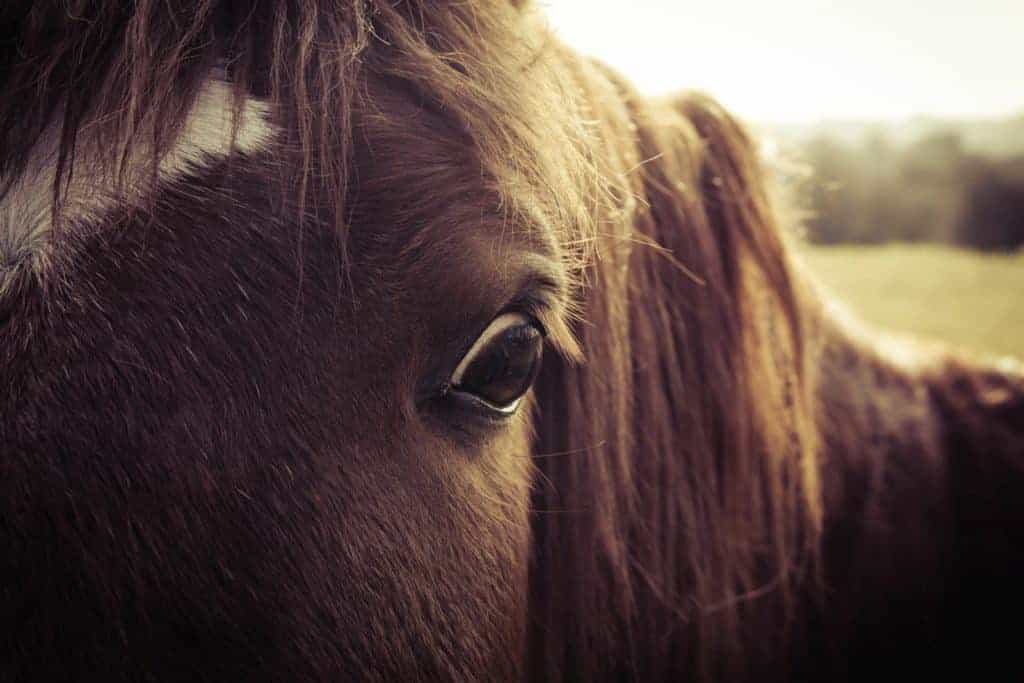
Have you ever wondered how your horse sees the world, or how you should respond to an equine eye emergency? Get your equine eye and vision questions answered by a board-certified veterinary ophthalmologist.

Find out what your elderly horse needs to stay healthy in his golden years.

Equine eye injuries require prompt evaluation in order to start appropriate therapies.

Can you see stress in your horse’s eyes? It’s possible if you’ve got an infrared thermographic camera.
Stay on top of the most recent Horse Health news with
Notifications